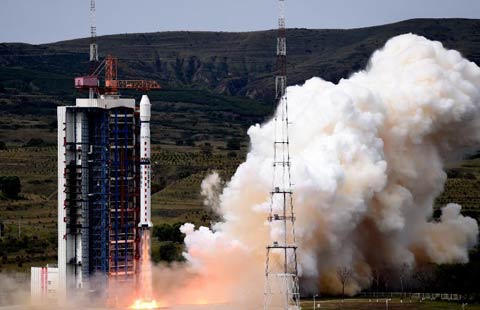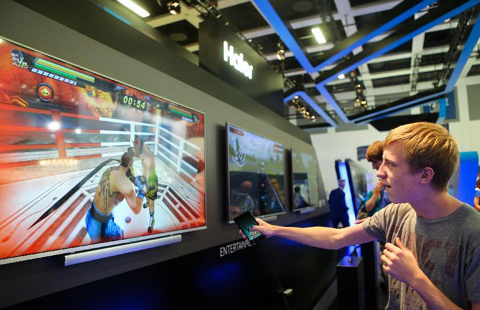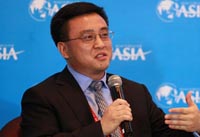China accuses former GSK head of bribing doctors
(Xinhua) Updated: 2014-05-14 15:39"I paid him every month but in fact he just gave lectures once or twice," said Tan.
Another way to bribe doctors is to cover the expenses of attending "medical seminars".
Zhang Guowei, a key suspect who was vice president and human resources director of GSK China, told Xinhua that the focus on sales growth led directly to the bribery.
"Global headquarters imposed high sales growth targets. When Reilly took over the post, the company's strategy shifted from profit-oriented to sales-oriented. The sales target in China was raised every year to compensate the reduction in US and European markets," Zhang said.
According to Guo Jianhua, a human resources manager also involved in the case, the company's sales force increased from about 1,000 in 2008 to 5,500 today.
Police found that company policy obliged the sales team to bribe doctors to meet their soaring targets. Liang Hong, who was the company's vice president and operations manager, confirmed that those who met targets received big bonuses, promotions and overseas vacations while those who failed were demoted or fired.
In a statement to police, Liang said every representative was allowed to spend 3,000 to 5,000 yuan on kickbacks to doctors every month. "If this was not enough, they could apply for more. For hepatitis medicines, the kickback can account for five to eight percent of the drug's price," he said.
He estimated that money used for bribery accounted for 30 percent of the value of medicine, totalling hundreds of millions yuan each year.
GSK China's revenue in China increased from about 3.9 billion yuan in 2009 to 6.98 billion yuan in 2012.
GSK revamps sales reps' compensation
GSK denies it is considering leaving China
GSK revamps sales reps' compensation
Police reveals more about GSK China's violations
|
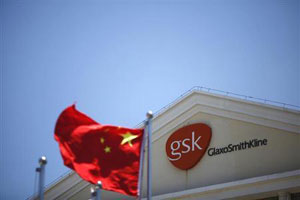 |
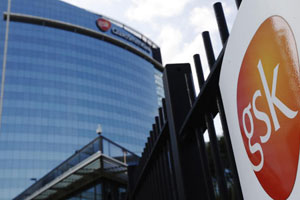 |
- Standard Chartered offshore RMB index rises slightly in July
- Shanghai-HK stock link to speed up capital market reforms: Barclays
- Relaxing restrictions on foreign investments
- Fujian on course to help create the new maritime Silk Road
- Foreign investors set sights on new targets
- UK looks to diversify in China
- Malaysia keen to expand trade ties
- HK still top choice for mainland firms
